Before donuts became lavish affairs of round pastries filled with champagne creams, bourbon, and pumpkin spice, they were simple breakfast fare to enjoy alongside coffee on special occasions. One Jew helped change that. This is the story of the man whose persistence brought the donut to new heights.
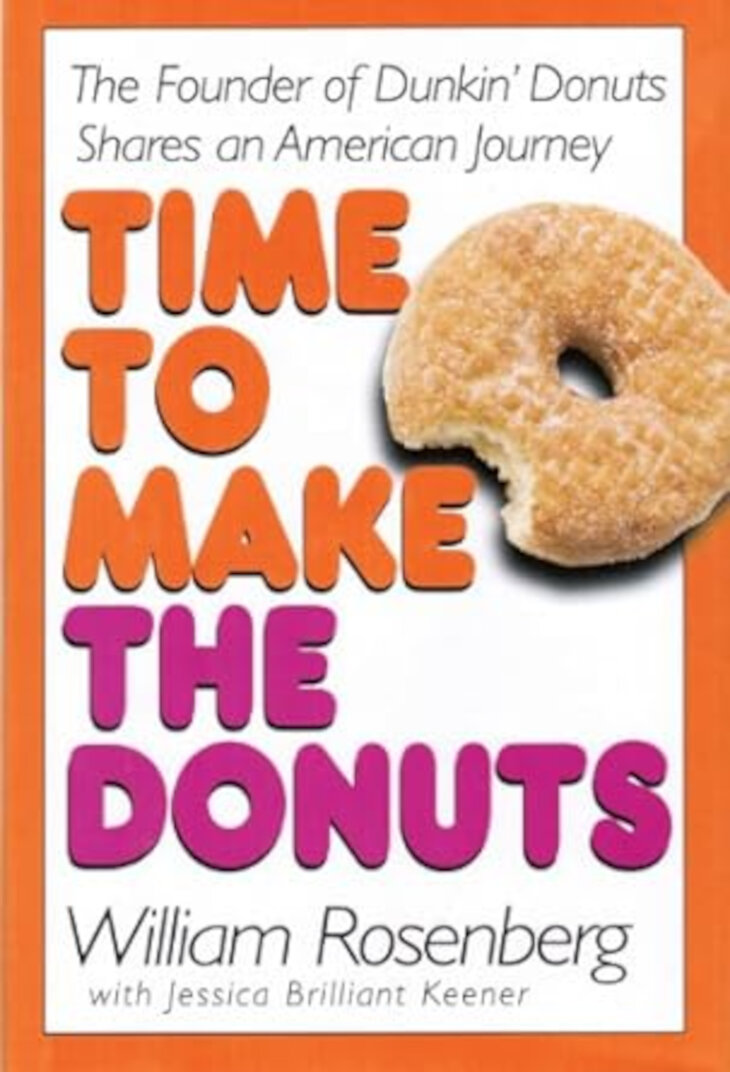
Enter William Rosenberg, born in 1916 to immigrant Jewish parents. During the Great Depression, his family needed all the help they could get, so he was forced to drop out of the eighth grade. He went to work for Western Union, and when he was 17, he began working for an ice cream distributor. His enterprising nature was clear, and within only a few years, he climbed up to National Sales Manager.
He jumped from job to job for several years but ultimately decided to start his own business.
He had always been interested in the food industry, and in 1946, he opened a catering business where he sold snacks and meals to factory workers in Massachusetts. Within just a few years, he had expanded his business to over 140 trucks and countless vending machines. He noticed that coffee and donuts made up the majority of his sales, so he decided to open up a donut shop.
The Birth of Dunkin’
In 1948, Rosenberg finally launched his doughnut and coffee shop, "Open Kettle,” selling doughnuts for a nickel and a cup of coffee for a dime. Rosenberg spent months perfecting his coffee recipe. After much trial and error, he settled on what he called the “perfect coffee”. The same coffee recipe many franchise locations are still using today.
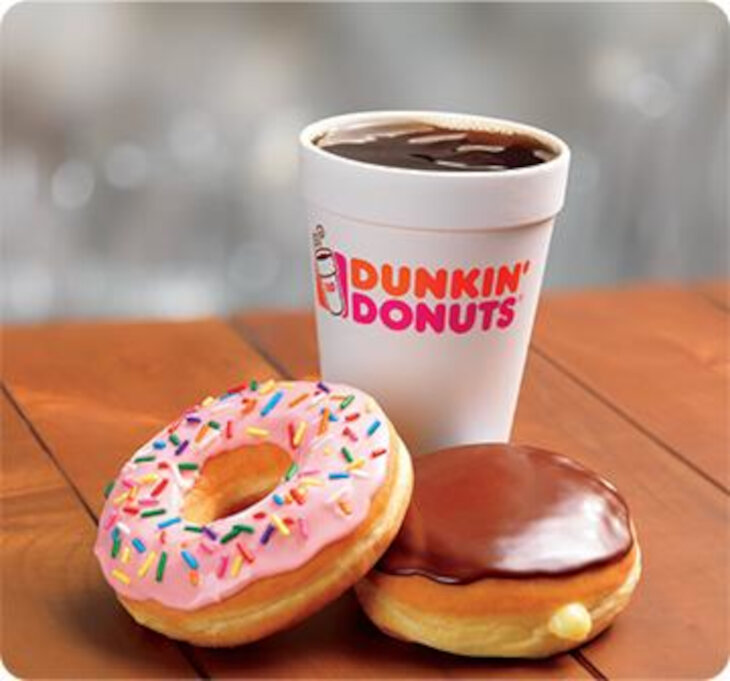
Open Kettle’s selling point was that they offered 52 different donut flavors. So you could come in once a week and get a different order each time. Among the original fifty-two, you had toasted coconut, blueberry, and even butternut. All of which have remained in the Dunkin’ Donuts roster to this day.
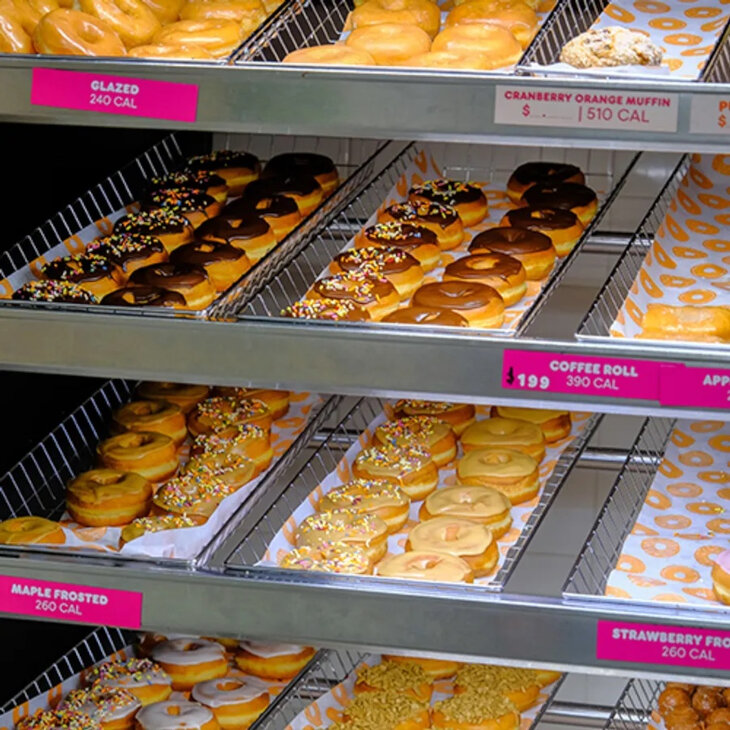
Two years after opening, Rosenberg changed the store's name to Dunkin' Donuts. To help advertise this name change, Rosenberg came up with the idea of a donut with a handle to be dunked in the coffee. This shift from the original O-shaped ring pastry to a Q-shaped donut wasn’t well received initially. Still, Rosenberg felt this was another way to differentiate Dunkin’ from the other surging donut shops. In the end, it wasn’t the handle that gave them the edge. It was Rosenberg’s business acumen that brought them from a local shop to a worldwide phenomenon.
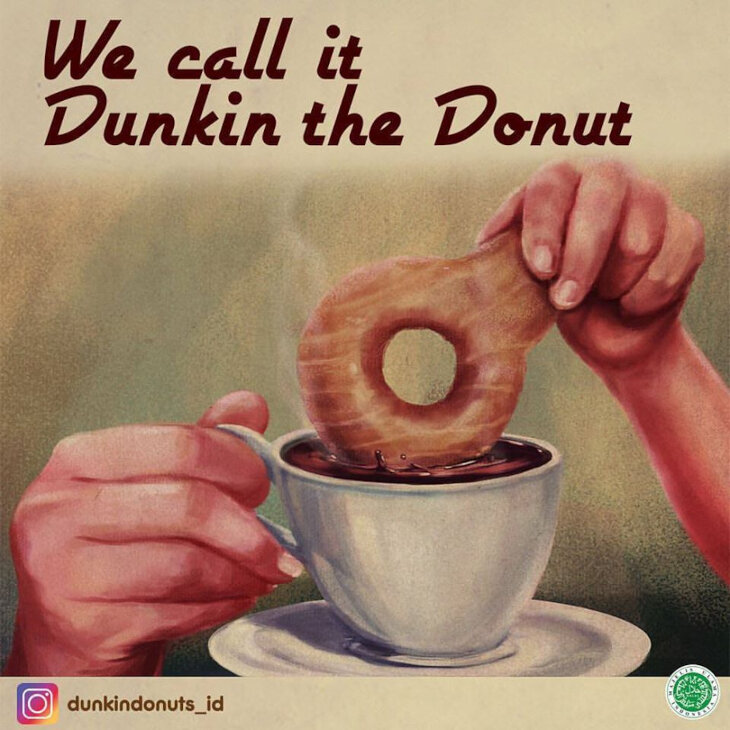
Five years after opening, there were already four other Dunkin’ locations, and the business was flourishing. He decided it was time to go even bigger and better. He was looking to franchise the business, similar to restaurants like McDonalds and Howard Johnson’s. Franchising was frowned upon at the time, and in certain states, it was illegal. Rosenberg was one of the pioneers of franchising, and he believed that it was a valuable route for entrepreneurs to take toward their American dream of owning a business and being their own boss.
However, Harry Winokur, his brother-in-law and business partner, protested this move, creating a rift between them. Rosenberg bought him out of the business. Soon after, Winokur had a change of heart and started a competing franchise chain, Mister Donut. The upstart went national and soon became Dunkin' Donuts' biggest competitor. Within a few years, Mister Donut had grown to 550 locations in the U.S.
It was Rosenberg who had the last laugh, however. By 1963, there were 100 Dunkin' Donuts shops, and by 1979, there were 1,000 locations. It was then that the iconic munchkins were introduced alongside other breakfast fare like muffins, bagels, and croissants.
A massive conglomerate bought Rosenberg’s business. With all this time off, he grew interested in breeding horses, eventually becoming New England’s largest breeder of horses.
Today, almost 2 million people enjoy Dunkin’ Donuts every day at the more than 12,000 Dunkin’ Donuts locations in nearly 45 countries, with several locations in major cities offering fully kosher stores, find them here. (Mister Donut is left with just one North American location, many of which turned into Dunkin’ Donuts)
One of Rosenberg’s life mottos was, "Show me a person who never made a mistake, and I will show you a person who never did anything." Rosenberg wasn’t afraid to make mistakes and try new things on the road to success. Growing up in a Jewish immigrant family, Rosenberg valued hard work and persistence above all. He dreamed big, and his dreams came true. While not all locations are Kosher certified, many are, and it’s more than worthwhile to check one out this Hanukkah season. Dunk a donut in some of Rosenberg’s old-school coffee and take a moment to recognize Rosenberg’s contribution to the American donut tradition.





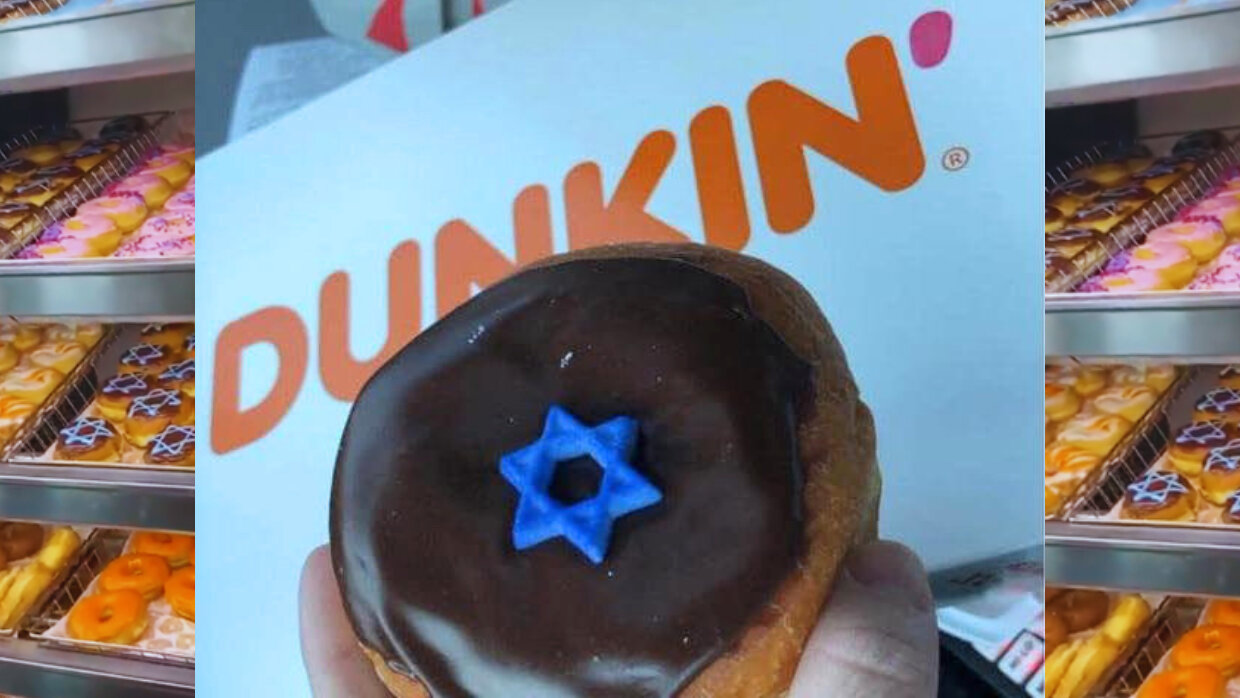







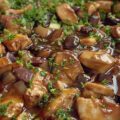




Why won’t this let me share to Facebook. What an encouraging story and legacy!!
Thanks so much! It should share when you click the FB button on the left. If not just copy and past the link. We appreciate it!
I had no idea! It's a good success story.Having said that, I'm not big on franchising. Had some great doughnuts brought north from Crown Heights yesterday !
When is Dunkin’ Donuts coming to Israel? I have lived in Beersheva m, Israel since 2017. I love Israel with all my heart, but the donuts here are horrible. They’re too sweet and gummy.
Delicious